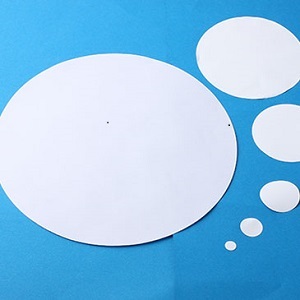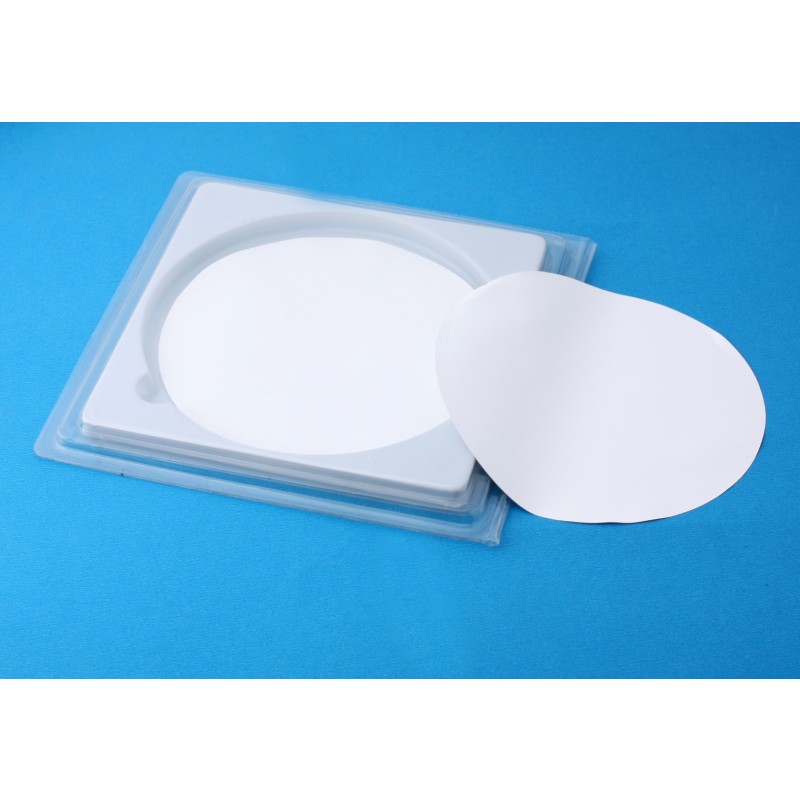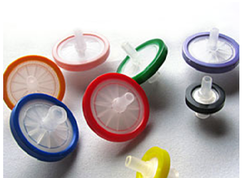Many people are not aware of how the laboratory’s filtration system works and how important it is to the quality of the products they produce. This article will provide a brief overview of the filtration process and how it helps to ensure that the laboratory’s products such as membrane filters meet the highest quality standards.
What is a Filtration System
A filtration system is a device that removes impurities from water by forcing it through a porous medium. The water is filtered as it passes through the medium, which can be made of different materials such as paper, cloth, sand, or gravel. Filtration systems are used in a variety of settings, including homes, businesses, and laboratories.

Laboratories use filtration systems to remove impurities from the water that will be used in experiments or other processes. The type of filtration system used depends on the specific needs of the laboratory. For example, a lab that uses large amounts of water for experiments may use a different filtration system than a lab that uses small amounts of water for research purposes.
Filtration systems are an important part of many laboratory processes, and they play a vital role in ensuring the quality of the water used in experiments.
Disadvantages of Laboratory’s Filtration System
There are several disadvantages of using a filtration system in a laboratory. First, it is difficult to control the flow of water through the system. Second, the system can become clogged easily, which can lead to problems with the quality of the water. Third, the system is expensive to maintain and operate.
What Are The Components of the Filtration System
The filtration system in a laboratory is responsible for removing contaminants from the air. This is done by using a variety of filters that are designed to trap particles of different sizes. The most common type of filter used in a lab filtration system is the HEPA filter. These membrane filters can remove 99.97% of particles that are 0.3 microns or larger.
How Does The Laboratory’s Filtration System Work
The laboratory’s filtration system is designed to remove contaminants from water supplies.
The system uses a series of filters to remove impurities from the water, including sediment, chlorine, and other chemicals. The system is designed to provide clean, safe drinking water for the laboratory’s staff and students.
When is it Needed to Change Filters
It is important to change filters when they become clogged with dirt and debris. If filters are not changed, the laboratory’s filtration system will not work properly and could lead to contamination of the water.
What are The Benefits Of Having a Filtration System in The Laboratory
Filtration systems like PTFE filter in laboratories provide many benefits that contribute to accurate and reliable results. Some of these benefits include:
Removal of Contaminants
Filtration systems can remove a wide range of contaminants, including bacteria, viruses, and other microorganisms. This ensures that samples are as pure as possible, which is essential for accurate results.

Improved Sample Quality
In addition to the removal of contaminants, filtration can also help to improve the overall quality of samples by removing particulates that can interfere with testing.
Enhanced Safety
By ensuring that samples are free of contaminants, filtration systems also help to protect laboratory staff from exposure to potentially harmful microorganisms.
How often should the laboratory’s filtration system be replaced?
The laboratory’s PTFE filter system should be replaced every 6 months to ensure that it is working properly.
Conclusion
We hope that this article has given you a better understanding of how the laboratory’s filtration system works. This system is essential for keeping the lab clean and safe, and we’re grateful to have it in place. If you have any questions about the filtration system or how it works, please don’t hesitate to ask one of our lab technicians. They would be more than happy to fill you in on all the details!
Read More: Membrane Filters | Types & Their Uses

